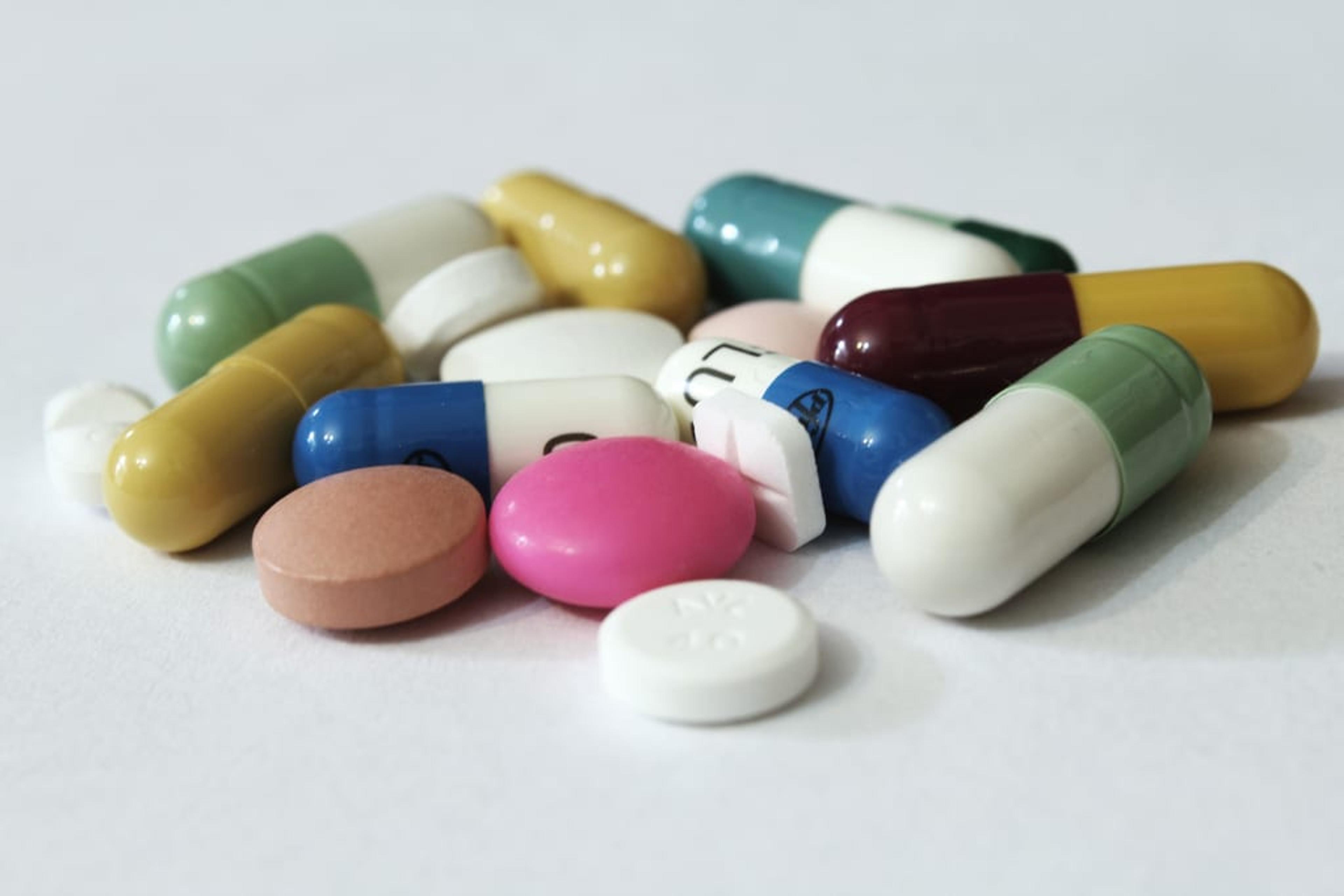The surprising link between medicine and oral health

Dr. Gary Vance
| 3 min read

If you take any sort of medication—over-the-counter or prescribed—you’ve probably noticed those long lists of potential side effects listed on the labels. These can range from skin discoloration and headaches to blood clots or worse. But one symptom most people don’t think twice about is how some medications affect your teeth, gums and mouth. Below are just a few of the common oral-health-related side effects from different medications:
Abnormal bleeding Aspirins, anticoagulants and other blood thinners are helpful in preventing strokes or heart disease, but they can cause your gums to bleed, especially during any oral surgery. Let your dentist know if you’re taking any medications so they can take precautions to minimize bleeding (and so they don’t assume the bleeding gums are due to poor flossing and brushing habits).
A change in your tastebuds Certain medications like cardiovascular drugs, nicotine skin patches and some respiratory inhalants can leave a metallic or bitter taste in your mouth and some could even change the way you taste food altogether. If you can’t tolerate this side effect, talk to your doctor about switching your medication.
Soft-tissue reactions Prescriptions that have been linked to mouth sores, inflammation or discoloration of the soft tissues in your mouth are typically blood pressure medications, oral contraceptives and certain chemotherapy drugs. Your dentist can recommend a special dental care regimen to reduce your discomfort if you notice these symptoms.
Enlarged gums Gingival overgrowth (a.k.a. enlarged gums) can be the symptom of anti-seizure medications, immunosuppressant drugs (commonly used after organ transplantations) and calcium channel blockers. If you are taking any of these drugs, you’ll want to be extra gentle when brushing and flossing (and, of course, talk to your dentist about specific care instructions).
Increased risk of cavities It’s true that a teaspoon of sugar helps the medicine go down. That’s why sugar is a common ingredient in liquid medications, cough drops, vitamins, antacid tablets and antifungal agents. Even though it may make the medication easier to take, the sugar can also make your teeth that much more susceptible to cavities. To help reduce your risk:
- Take the medication in tablet form, if possible.
- Take the medication at meal time.
- Avoid taking the medication at bedtime.
- Visit the dentist regularly for preventative care.
Dry mouth Numerous medications, both prescribed and over-the-counter, list dry mouth as a potential symptom. If saliva doesn’t flow normally, your soft tissue might get irritated, which can cause inflammation and make you more susceptible to infection. If your dry mouth is severe due to your medications, you can ask your doctor about switching or try one of these tips:
- Sip water or a sugarless drink throughout the day.
- Cut down (or skip) caffeinated beverages, alcohol and tobacco because they contribute to dry mouth.
- Suck on sugarless candy or gum to increase saliva production.
- Avoid salty and spicy foods which can cause extra pain to a dry mouth.
- Use a humidifier at night.
Photo credit: e-Magine Art





